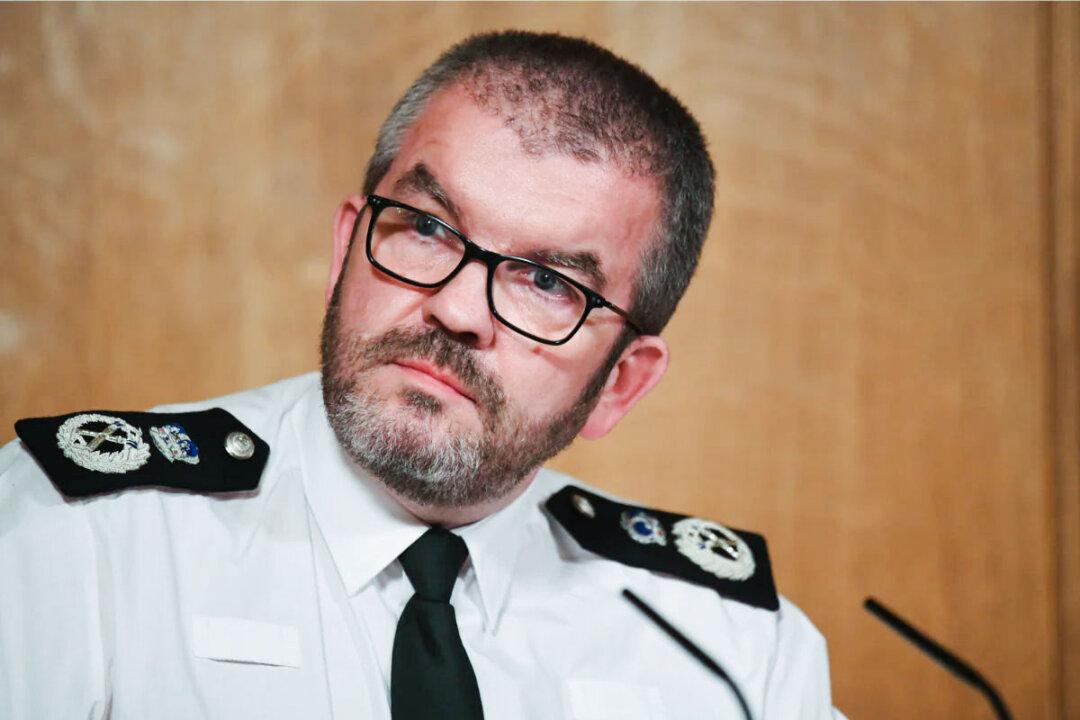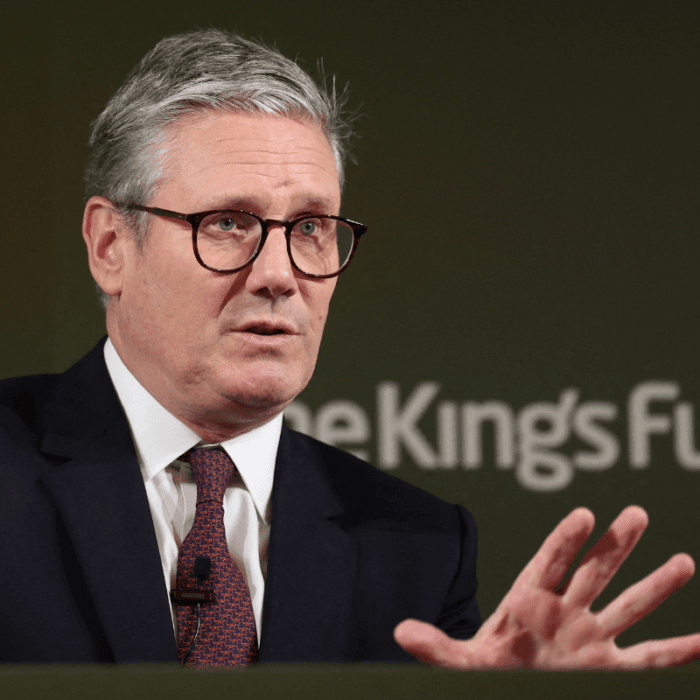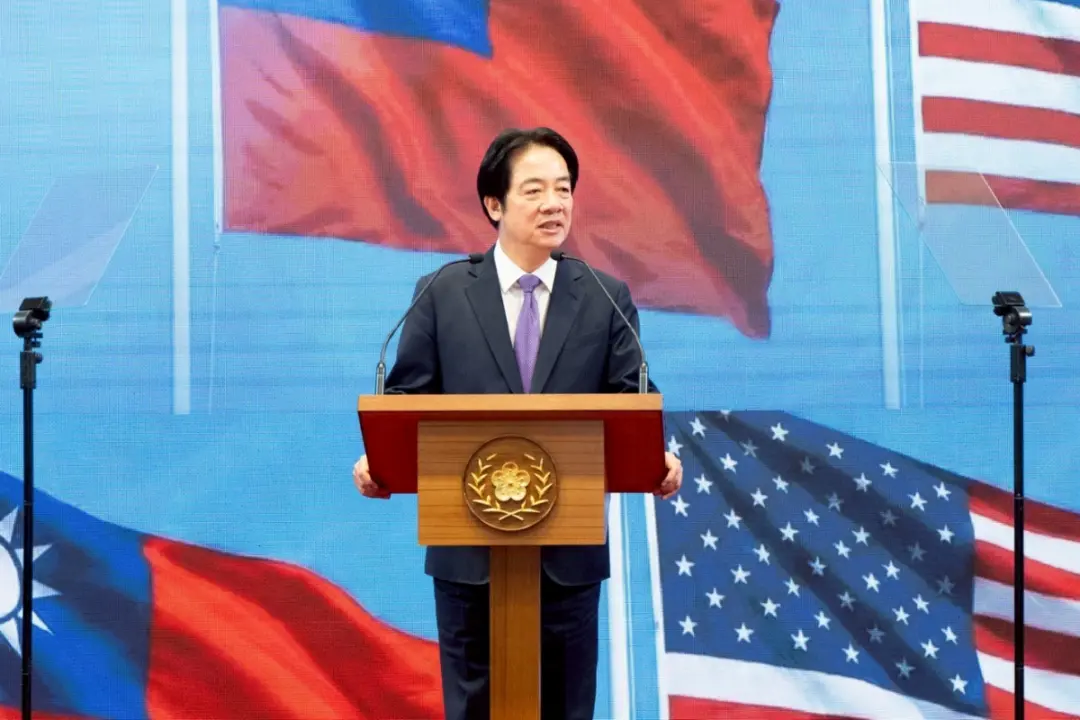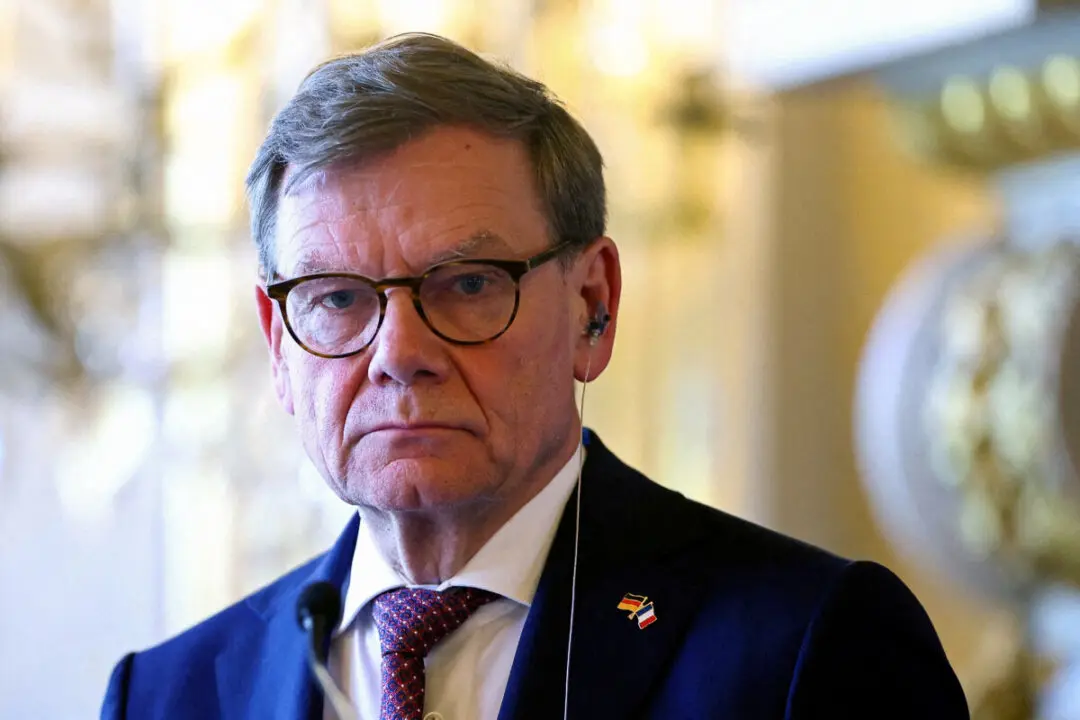Prime Minister Sir Keir Starmer has appointed the police chief who oversaw the enforcement of lockdown laws during the COVID-19 pandemic to lead the new Border Security Command.
Martin Hewitt, the former chairman of the National Police Chiefs Council, will be leading the unit responsible for tackling organised illegal immigration and the criminal smuggling gangs that facilitate it.
The prime minister’s office said in a statement on Sunday that Hewitt has led strategic coordination across police forces and played a major role in shaping national threat responses, such as to terrorism, organised crime, and illegal immigration.
“His leadership was most visibly demonstrated in managing the UK’s response to the COVID-19 pandemic, coordinating police efforts,” Starmer’s office said.
In his new role, Hewitt will be coordinating with law enforcement, intelligence agencies, and European counterparts in a bid to secure the UK’s borders.
He said in the announcement: “For too long, the criminal gangs who smuggle people through Europe have abused our borders in the name of profit, and they are responsible for the deaths of scores of vulnerable, innocent people.
“We will dismantle them, bring them to justice and prevent them from using exploitation and deceit to fill their pockets.”
The appointment came the day that French authorities confirmed that another eight migrants had died while trying to cross the English Channel overnight. Fifty-three people were on board a boat that got into difficulty off the coast of Ambleteuse in northern France after the vessel is believed to have crashed into rocks soon after setting off.
The new Border Security Command chief accompanied Starmer on a visit to Italy on Monday to discuss with Prime Minister Giorgia Meloni how her country had seen a 60 percent drop in illegal immigration by sea in the past year.
Meloni’s strategy includes a combination of tackling organised illegal immigration crime, working with North African nations to prevent crossings in the Mediterranean Sea, and a processing deal with Albania which has been compared to the Rwanda scheme.
Starmer announced he was dropping the previous Conservative government’s plans to remove immigrants who arrived illegally in the UK to Rwanda for processing and integration, which the Conservatives said was an important deterrent to illegal immigration.
Speaking to “BBC Breakfast” on Monday, Home Secretary Yvette Cooper attempted to draw a distinction between the two deportation schemes, saying they are “very, very different.”
Cooper said: “First of all, this is Italian processing taking place in Albania. It has UNHCR oversight, so it is being monitored to make sure that it meets international standards.
“It’s being done in cooperation between those two countries, and what they’re actually doing is looking at those people who arrive in Italy, who have come from predominantly safe countries, and they’re using it as a way to try and fast-track decisions and returns.”
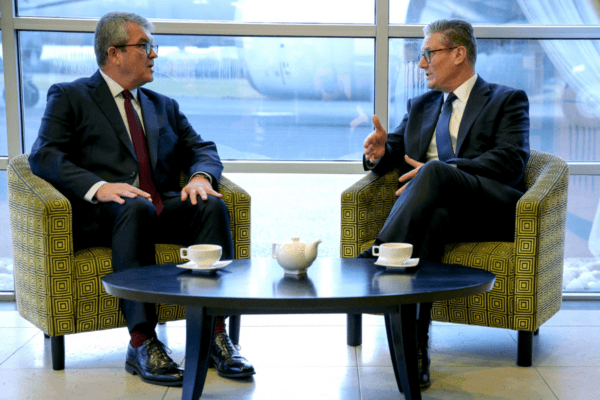
Work With Countries Upstream
Meloni told a press conference in Rome that Starmer had shown “great interest” in Italy’s deal with Albania.However, Starmer signalled that he was more interested in Italy’s work in tackling the source issues of illegal immigration.
The British prime minister said Italy’s reduction in illegal immigration was “more likely attributable to the work that the prime minister [Meloni] has done upstream.”
Starmer said: “I have always made the argument that preventing people leaving their country in the first place is far better than trying to deal with those that have arrived in any of our countries. I was very interested in that.”
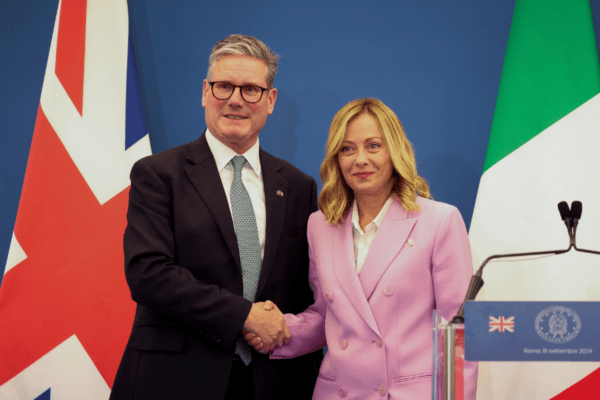
Speaking to reporters, Starmer referred to the Rwanda plan as a “gimmick” that cost £700 million and resulted in just four volunteers going to the African country, before stating that his government had overseen “the single biggest flight that has ever taken off returning people to their country of origin.”
“Flights actually did get off under this government, not to Rwanda, but back to countries of origin, carrying with them 3,000 people who shouldn’t be here,” Starmer said.
The prime minister says the proposed Border Security, Asylum, and Immigration Bill will bring forward powers mirroring counter terrorism laws which will allow law enforcement to investigate, disrupt, and prosecute those facilitating organised illegal immigration.
